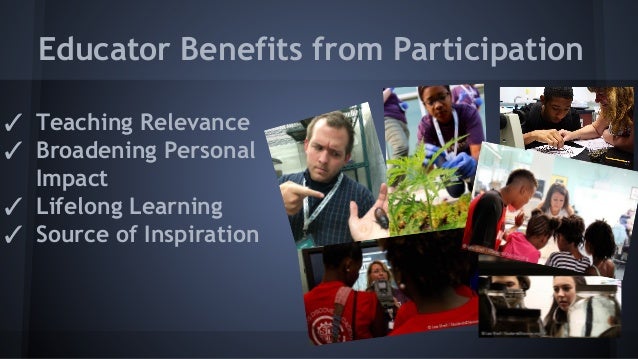The Politics of Citizen Teachers

Deborah Meier continues her conversation with Harry Boyte. To read their full exchange, please visit here.
Dear Harry and friends,
We've allowed politics to have such a bad name that we forget that practicing smart politics is one of the arts and crafts of a working democracy. None of us can play full roles as citizens, or citizen-teachers, if we insist on being ignorant about these skills. They require empathy as well as knowledge of ones field, they require understanding the history of the institutions we work in as well as the communities they serve, and we need to have colleagues whom we trust sufficiently to talk out together our ideas, our strategies, our short and long-term plans, our doubts and our certainties.
Schools of education—whether progressive or conservative—are too often in the business of trying to get us to agree with what they believe and to move into the field smoothly and successfully. A tough task, but both insufficient and often dangerous.
Teaching requires more immediate acts of human judgment of the most complex sort more often than probably any other field. Our judgment is affected by so many unseen indirect past experiences, as well as ideas and theories we hold often unknown even to us that make our judgments far too fallible. We need feedback from people we trust to have our and the children's best interest at heart. We need ways to evaluate our judgments in settings where we are not paralyzed by defensiveness. We need to be tough enough to take critique at least as honest as the critique we offer our students. We need preparation for this kind of setting as well as constant opportunities for "refreshing" these skills.
We also needed help in maneuvering life in the school we found ourselves.To play the role of citizens of our school we needed to understand it and the pressures on it from outside as well as inside. We needed to bring our political skills to bear upon the "politics" of schooling.
It was in a Center created by professor Lillian Weber at City College of New York that I confronted for the first time what such an education might be like—one that taught pedagogy and subject matter in combination with real-life skills in the politics of school for student teachers and practicing teachers together. Weber reminded me of old union organizers (no coincidence it turned out) who urged us not to mourn "but to organize." When we came to the Center for help she insisted that we pose our requests as problems not complaints. No whining. Let's look at what we might do, not wish away the real world. For several years I worked for the Center, helping teachers in schools whose principals agreed to our presence. Teachers who wanted our form of help were placed together on a corridor where they could easily share their ideas and their work, and at times even their children. Advisors came once a week to help them share and to make suggestions. The advisor worked for the corridor, not the principal, and our first difficult task was to create the necessary trust between us to carry out the project. If we've said this will stay in this room, we need to prove that our promise was not broken, for example.
Every Friday advisors (about ten of us) got together at the Center to discuss our work, hear each other's critiques, suggestions, and make plans for the following week. We worked each with four schools and in this way we also contributed to the work of forty or more schools. We shared books, curriculums, films, and mostly our experiences. We were influenced by the work of Pat Carini and sought to present our work as nonjudgmentally and concretely as we could. We took no orders but we committed ourselves to take each other's suggestions seriously.
